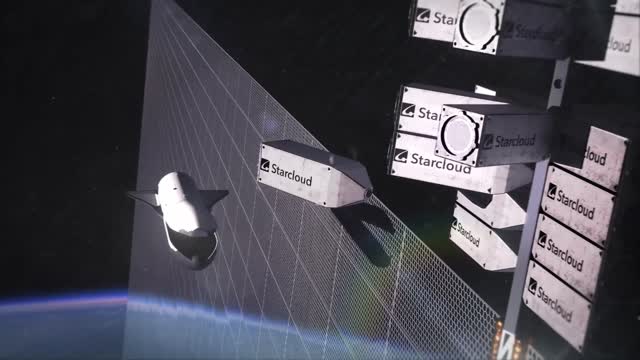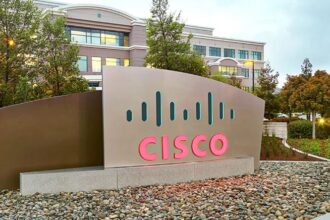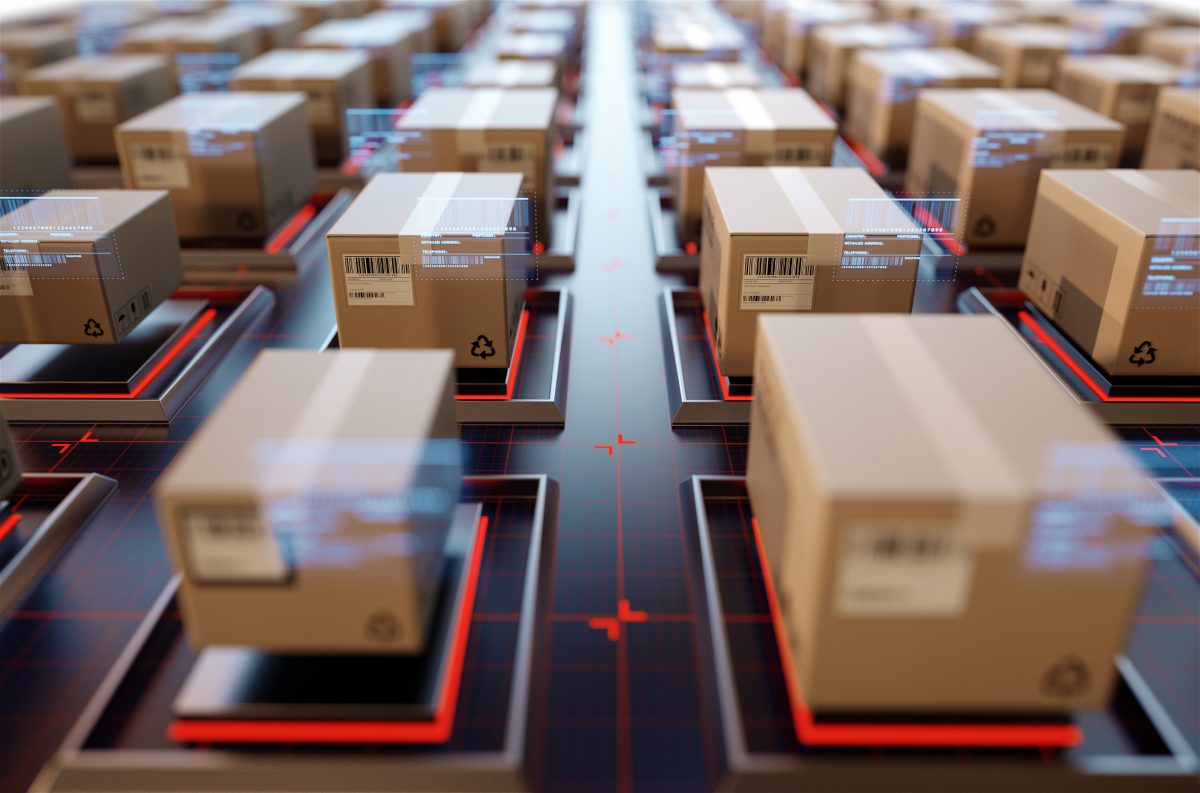A fledgling space-tech venture is reportedly gearing up to redefine the future of cloud computing, not on Earth, but in orbit. The Washington-based startup Starcloud has partnered with Rendezvous Robotics, an MIT-spun firm known for its autonomous, self-assembling space modules, to create what could become the world’s first self-building data center in space. The companies claim the project could revolutionize data processing and energy use, while Elon Musk has apparently signaled that SpaceX “will be doing this” as well.
What’s in the pipeline
According to reports, Starcloud plans to launch its first AI-equipped satellite (Starcloud-1) into low-Earth orbit by November end in 2025. Roughly the size of a small refrigerator, the satellite will carry an NVIDIA H100 GPU, reportedly about 100 times more powerful than any chip previously sent into orbit.
Once operational, the satellite will process complex datasets, such as wildfire detection imagery, agricultural crop health, and climate-monitoring visuals, directly in orbit using onboard AI. By analyzing this information in real time, it could send only essential insights or alerts back to Earth, dramatically reducing bandwidth use and transmission delays. This approach is expected to make satellite-based analytics faster, more efficient, and less resource-intensive.
Starcloud reportedly envisions scaling this technology into a 5-gigawatt orbital data center, powered by sunlight and cooled by the natural chill of space. Rendezvous Robotics’ self-assembling modules would autonomously connect in orbit, forming an expandable compute array. The companies claim this design could eliminate the land and water demands of traditional data centers while operating continuously in solar orbit.
Why this could matter
If successful, space-based data centers could process vast amounts of information faster and more efficiently than Earth-bound facilities. Industry observers suggest that orbiting compute clusters might dramatically cut carbon footprints and data-transfer latency, especially for AI workloads and satellite imagery. Advocates argue that beyond environmental benefits, the approach could also help overcome terrestrial bottlenecks in energy and land use.
With Elon Musk’s endorsement and SpaceX’s infrastructure already supporting high-bandwidth satellite operations, the concept is reportedly gaining momentum. Yet, analysts caution that while the dream of “cloud computing in orbit” sounds transformative, no commercial orbital data center has yet left the drawing board.
Bottom Line
The collaboration between Starcloud and Rendezvous Robotics marks a bold step toward a new computing frontier, one that allegedly aims to bring the cloud beyond the clouds. The timeline remains uncertain, but with major players circling the concept, the race to build the first functional space data center may already be underway.
















